Why Does My Car Shake When I Brake? How Do Brakes Work? 2022
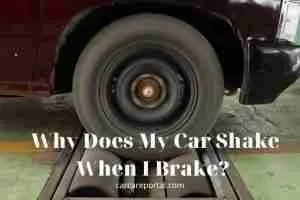
Why Does My Car Shake When I Brake? There are a few reasons your car might shake when you brake. One reason could be that your brake pads are worn out and need to be replaced. Another reason could be that your rotors are warped and need to be resurfaced or replaced. If you’re experiencing this problem, it’s best to take your car to a mechanic to diagnose the issue and get it fixed.
How Do Brakes Work?
Even the most inept drivers know that brakes can slow down a vehicle because they limit the wheels’ ability to turn. You can slow down the wheel rotation and slow down the car.
You’ll see that almost all modern cars have two types of brakes. While disc brakes are the most common type, a few cars still have drum brakes on their rear wheels.
A disc brake uses a metal disc, called the rotor, to attach the wheel. Each rotor has a clamping device called the caliper. This allows the wheel-rotor combination to turn freely until the driver presses the brake pedal. This pressure causes hydraulic fluid within the brake system to cause the brake pad in the caliper to contact the disc and slow the wheel. The hydraulic system responds to more pressure from the brake pedal, clamping the brake pad on the rotor with greater force.
Drum brakes are made from a hollow, metal drum attached to the wheel. When hydraulic pressure is applied via the brake pedal and brake system, it causes friction within the drum that slows the wheel. The drum will slow down faster if there is more pressure on the brake pedal.
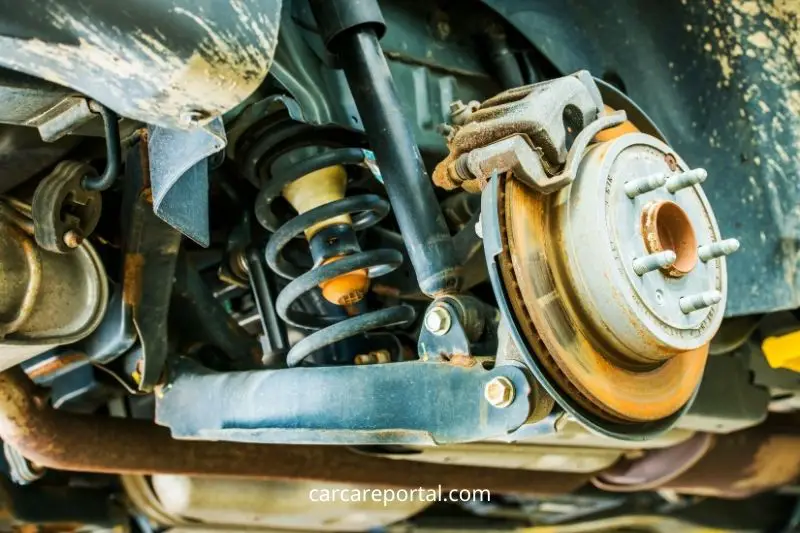
Why Does My Car Shake When I Brake?
Brake shudder refers to a vibration felt through the steering wheel and brake pedal when brakes are applied at high speed. These vibrations can be mild or quite violent. There are many reasons brake shudder could occur, including broken rotors and malfunctioning calipers.
You can determine if the shudder is coming from the rear or front brakes by looking at the source. Vibrations felt through the steering wheel can often be attributed to problems with the front brakes, while vibrations felt through the brake pedal are usually caused by issues with the rear brakes.
1. Warped Brake Rotors
The most common reason for shaking cars with disc brakes is a malfunctioning or warped rotor. Over time, warping can be caused by heat from friction between the brake pad and rotor. This could be why your car vibrates while braking.
What should you do?
A professional auto shop can resurface and restore damaged brake rotors. The rotor may still warp even after the restoration process.
2. Corrosion
Corrosion can develop in your brake system if you let your car sit too long. The rotor under your brake pad can become corroded and cause vibrations in the brake pedal.
What should you do?
A qualified brake shop or auto body shop can repair a rotor with accumulated corrosion. It could happen again, just like the warped brake wheels.
3. Out-of-round drums
Brakes with an uneven surface are called out-of-round drums. Thickness variations are often due to heat exposure and normal wear and tear. Out-of-round drums in cars equipped with drum brakes can cause vibration and pedal pulsation when you press the brakes. A squealing sound when you apply brakes is another sign.
What should you do?
The brake drums can be repaired if they have become damaged or show signs of deterioration. You may have to replace the drum if it is.
It isn’t enjoyable if your car vibrates while braking. It can cause problems with the car’s handling and affect your safety while driving. Although it is a severe problem that can be difficult to fix, it should still be taken seriously.
There are many possible causes for pulsations, but the most common cause is a damaged or worn drum. It is good to bring your car to an auto shop for a check-up if it shakes while braking. Fix Auto is available to help you if your vehicle is involved in an accident. We’ll get your vehicle back to its pre-accident condition as soon as possible.
4. Brake Calipers Are Stinging
The brake calipers push the brake pads against the wheels. The brake pedal is pressed against the rotors by hydraulic brake fluid. The more you brake hard, the more fluid pressure builds up in the calipers, and the more pressure is applied to the brake pads.
The caliper pistons or caliper cylinders can become stuck, and it will not be able to squeeze the brake pads against rotors properly. This may cause vibrations to occur when you press the brakes. The brake pads may not be able to release the rotor because of calipers that get stuck in the engagement.
You may notice a few symptoms if your brake caliper becomes stuck. You may see a decrease in your brake pedal’s responsiveness, acceleration difficulties, or even a pull to one side. Scorching pads or rotors may cause unusual sounds when you brake. You might also smell burning after a while.
5. Unbalanced Tires
Your tires are another reason your vehicle shakes when you apply the brakes. Your vehicle’s suspension system may be strained if the tires are not correctly inflated or balanced in certain areas. You may also experience steering problems if the steering wheel shakes.
The technician should check your wheel alignment when bringing your vehicle for a tire rotation. A tire rotation should be done every 5,000-7,000 miles. However, you should check the mileage with your manual.
6. Suspension problems
You might be experiencing shaking when your car is driven, not just when you brake. Small rocks and potholes can cause damage to your suspension over time. If your vehicle shakes when you stop, it could signify suspension problems.
The constant velocity (CV) joint attached to the vehicle’s rear axle is another part that can be affected by axle damage. The car could shake if the rubber boots protecting the CV joint are damaged or become clogged with dirt and debris. This joint is affected by almost any impact on it.
7. Alignment issues
If you notice your vehicle shaking when you brake at speeds greater than 50 mph, it could be an alignment problem. If you are driving your car at 50-55 mph and there are no other cars around, this could be a sign that alignment problems may exist. For a few seconds, take your hands off the steering wheel. However, keep them close by in case of emergency. Determine if the car is veering slightly to the right or left.
Your vehicle should move straight if it doesn’t have any alignment problems. If your car does move in one direction or the other, you will need to inspect it thoroughly to determine if there are any alignment issues.

How to Avoid Brake Shudder?
Brakes can produce intense heat due to friction when your vehicle is stopped. The friction heat can cause damage to your brake system over time. Excessive heat can be caused by poor quality components, driving habits, and overuse.
Brakes can be damaged faster by drivers who speed from light to heavy and brake suddenly than the average driver. Brakes are designed to withstand extreme temperatures and can cool down between uses. However, brakes frequently don’t allow for proper cooling, which eventually leads to brake fade, which is a spongy feeling on the brake pedal.
Brake fade is a decrease in the pressure of the brake system, which is crucial in stopping your vehicle. Overuse of the front brakes can cause scorch marks on the rotors and a very unpleasant smell. This could lead to permanent damage that will need replacement.
Bad quality brake pads use less durable materials, are more susceptible to heat from friction and can overheat. Low-quality brake pads can also cause scorch marks on the rotors.
FAQs
1. Why is my steering wheel shaking when I brake at high speeds?
Rotors that are worn can cause vibrations in the steering wheel when braking. This could also indicate that the rotors are not properly installed. It is felt first in the brake pedal, then on the steering wheel.
2. What does it mean if my car shakes when I brake?
The rotors could be at fault if you feel a shaking in your steering wheel or brake pedal. The rotors are made from metal and can wear down over time. The rotors are pressed down when you brake to accelerate your car. However, vibrations can occur if the rotors are not in balance.
3. What does it signify when your steering wheel shakes during driving?
A worn brake system could cause your brake pedal to shake with the steering wheel.
4. Is it safe for me to drive with a shaking steering column?
It is possible, but it is best to have your car checked out by a mechanic to resolve the problem as soon as possible. Vibrations can cause brake pads and calipers to wear out. It is possible to avoid the problem by not taking action.
5. Is my car shaking when I drive at slow speeds?
This could be due to many reasons. You should have your rotors checked if your car vibrates while you brake. They may have become brittle over time.
Read also:
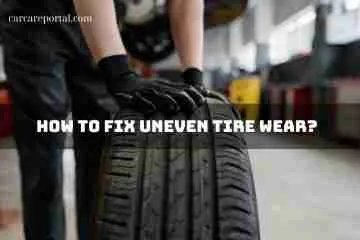
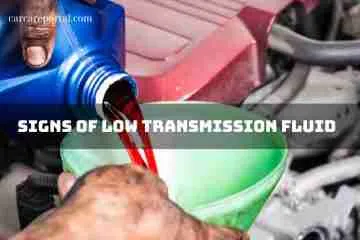

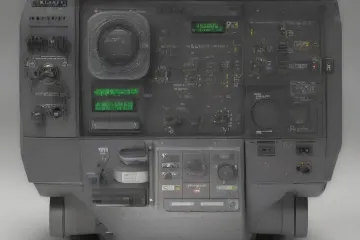
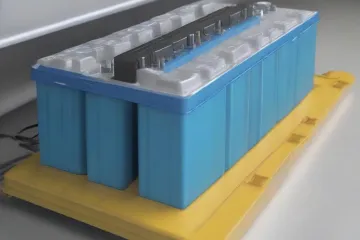

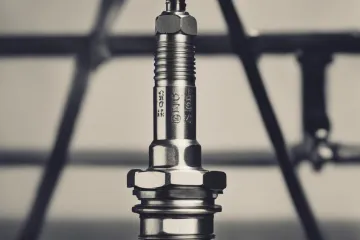
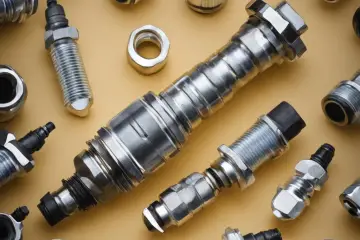

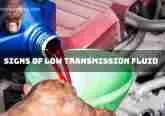

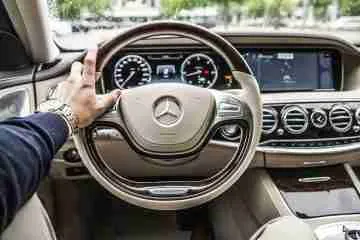

No Comment